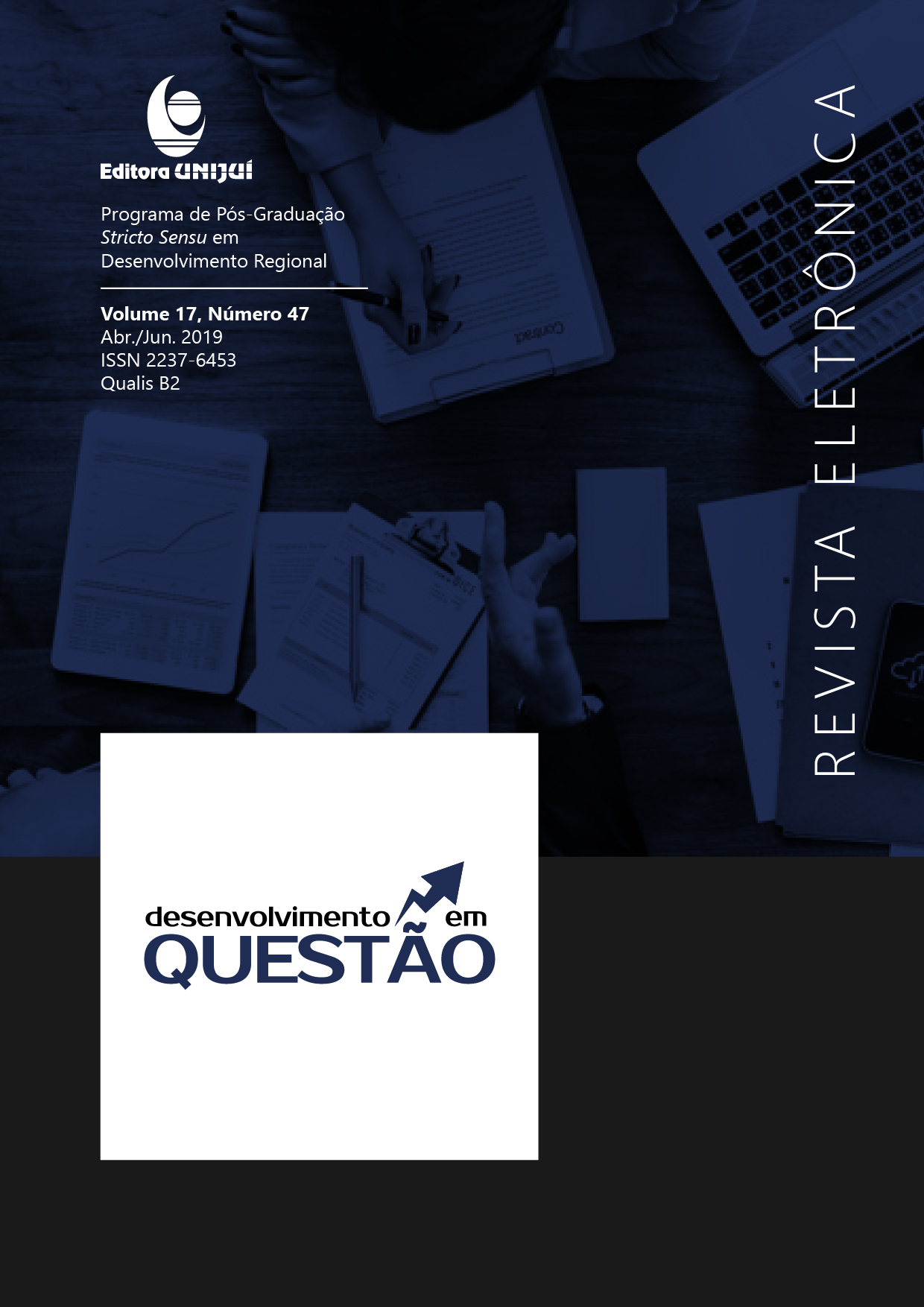Gênero e água: uma Leitura sobre as Políticas no Semiárido e a Inclusão Feminina
DOI:
https://doi.org/10.21527/2237-6453.2019.47.339-356Palavras-chave:
gênero, água, participação, políticas, semiárido brasileiroResumo
O acesso universal à água e a igualdade de gênero foram temas incorporados na agenda internacional para o desenvolvimento sustentável. A falta de água, saneamento e instalações de higiene que atendam às necessidades de mulheres e meninas pode ser atribuída, majoritariamente, pela não inclusão das mulheres na tomada de decisões e no planejamento nas políticas hídricas. Diante de tal contexto, o estudo visa analisar a inclusão feminina em políticas do setor hídrico no semiárido brasileiro, com base num levantamento bibliográfico. Os principais resultados apontam para o recente despertar do tema no meio acadêmico brasileiro e que as mudanças, que estão sendo vividas para uma mentalidade de convivência com o semiárido e inclusiva, tiveram uma grande contribuição das organizações não governamentais por meio do Programa Um Milhão de Cisternas Rurais. Desse modo, conclui-se a importância das ONGs para impulsionar as políticas em terreno. Além disso, há a necessidade de mais trabalhos sobre a real dimensão da inclusão feminina nas políticas da água e como ela se manifesta.
Downloads
Publicado
Como Citar
Edição
Seção
Licença
Ao publicar na Revista Desenvolvimento em Questão, os autores concordam com os seguintes termos:
Os trabalhos seguem a licença Creative Commons Atribuição 4.0 Internacional (CC BY 4.0), que permite:
Compartilhar — copiar e redistribuir o material em qualquer meio ou formato;
Adaptar — remixar, transformar e criar a partir do material para qualquer fim, inclusive comercial.
Essas permissões são irrevogáveis, desde que respeitados os seguintes termos:
Atribuição — Atribuição — os autores devem ser devidamente creditados, com link para a licença e indicação de eventuais alterações realizadas.
Sem restrições adicionais — não podem ser aplicadas condições legais ou tecnológicas que restrinjam o uso permitido pela licença.
Avisos:
A licença não se aplica a elementos em domínio público ou cobertos por exceções legais.
A licença não garante todos os direitos necessários para usos específicos (ex.: direitos de imagem, privacidade ou morais).
A revista não se responsabiliza pelas opiniões expressas nos artigos, que são de exclusiva responsabilidade dos autores. O Editor, com o apoio do Comitê Editorial, reserva-se o direito de sugerir ou solicitar modificações quando necessário.
Somente serão aceitos artigos científicos originais, com resultados de pesquisas de interesse que não tenham sido publicados nem submetidos simultaneamente a outro periódico com o mesmo objetivo.
A menção a marcas comerciais ou produtos específicos destina-se apenas à identificação, sem qualquer vínculo promocional por parte dos autores ou da revista.
Contrato de Licença (para artigos publicados a partir de 2025): Os autores mantêm os direitos autorais sobre seu artigo, e concedem a Revista Desenvolvimento em Questão o direito de primeira publicação.











